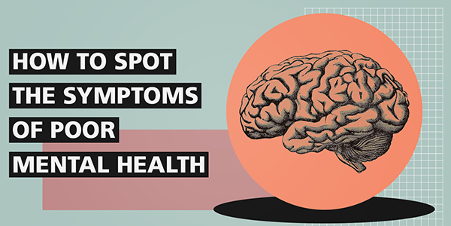How to spot the symptoms of poor mental health at work or Uni

We’re looking at how we can make it easier for young people to spot the symptoms of poor mental health at Uni, at school, or when out with their friends. Here are three key ways you get can clued up.
Get yourself some training
You don’t have to wait until something bad happens in your school or workplace to know more about mental health. You can take a course, or volunteer yourself as a Mental Health Co-ordinator who takes responsibility for running training days or raising awareness. Matthew Holman, owner and Mental Health Instructor, at Simplia Health Solutions helps groups, companies and individuals better understand mental health.
Talking to us he explained: “I provide mental health first training to people who are over 16 years old who want to raise their awareness and understanding of the symptoms and challenges of mental illness. We also look at how it is best to proactively step in early and support those who are struggling”. Mental Health First Aid courses can be great for brushing up on your knowledge of psychological wellbeing.
Don’t stereotype mental health
There are common misconceptions that people have when it comes to spotting the symptoms of poor mental health at work, college or Uni. It’s important to keep an open mind about symptoms, as they can vary wildly from person to person, and to also treat someone who might be suffering with patience and compassion. Matthew noted that; “a high number of people think that people who are struggling to cope with mental illness are dangerous to be around and violent. This is not true as the person is more likely to inflict violence upon themselves than others.”
He also reminded us that:
- “Just because someone says they are unhappy does not mean that they are depressed. Remember that we all have moments where we are sad in our lives.
- One challenge is that unless you have participated in awareness and support training it is difficult to have a conversation with someone who is struggling to cope. We often feel uncomfortable and use language that is not helpful. As an example if someone with Depression say “life is rubbish’ it is unhelpful (and likely harmful) to say something like ‘yeah it is really’ it will not help to reconfirm the concerns.
- Mental illness is common with at least 1 in 4 adults struggling with diagnosable conditions each year. “
Speak up
The symptoms of poor mental health vary greatly depending on the person and the condition, but Matthew says that some key signs that someone is struggling with depression or anxiety would be:
- A change in mood (a persistent low mood)
- Withdrawal from social situations
- Avoidance
- A change in productivity or working standards
- A change in personal hygiene or appearance (less care taken to look after themselves)
- Anxiety has many physical/behavioural and emotions signs depending on which disorder.
If you see someone suffering, or you talk to a friend who is sporting symptoms of poor mental health, act quickly. If you know them well, take them aside and offer support or point them in the direction of a Mental Health Co-ordinator or website like Mind. Get clued up so you can help others beyond World Mental Health Day.
